July 27, 2021
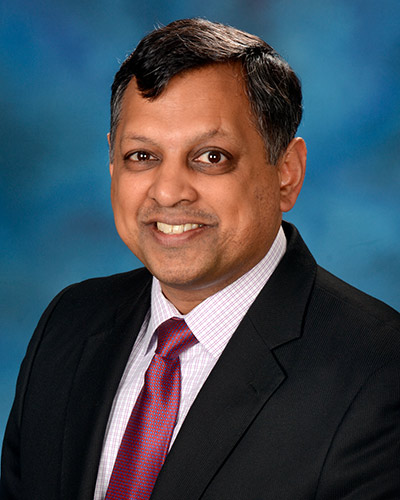
Dr. Gupta Will Be Responsible for Overall Clinical Direction of the Division of Cardiovascular Medicine in the Department of Medicine
University of Maryland School of Medicine (UMSOM) Department of Medicine Chair, Stephen Davis, MBBS, along with UMSOM Dean, E. Albert Reece, MD, PhD, MBA, announced today the appointment of Anuj Gupta, MD, as Clinical Co-Director of Cardiovascular Medicine for the Department of Medicine.
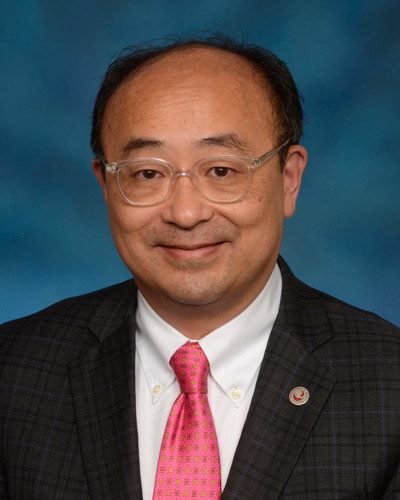 In this position, Dr. Gupta will be responsible for the overall clinical direction of the division and for fostering highly collaborative efforts with UMSOM's clinical partners across the University of Maryland Medical System. He will work to set research priorities in partnership with Charles “Chaz” Hong, MD, PhD, Professor of Medicine at UMSOM, Director of Cardiology Research, and Co-Chief of Cardiovascular Medicine. He will also ensure that each of the cardiovascular medicine fellowships provide the highest quality of education that is balanced with appropriate service, and promote excellence in clinical and investigative skills for these subspeciality trainees.
In this position, Dr. Gupta will be responsible for the overall clinical direction of the division and for fostering highly collaborative efforts with UMSOM's clinical partners across the University of Maryland Medical System. He will work to set research priorities in partnership with Charles “Chaz” Hong, MD, PhD, Professor of Medicine at UMSOM, Director of Cardiology Research, and Co-Chief of Cardiovascular Medicine. He will also ensure that each of the cardiovascular medicine fellowships provide the highest quality of education that is balanced with appropriate service, and promote excellence in clinical and investigative skills for these subspeciality trainees.
A national leader in the field of structural heart disease, Dr. Gupta has been lauded by his cardiology colleagues for his expertise in transcatheter aortic valve replacement. He was one of the early leaders in this new area of medicine and initiated a program at the University of Maryland Medical Center in 2012. His reputation and skill have resulted in UMSOM becoming a magnet for research involving state-of-the-art valve technology, while his aptitude for fostering collaboration has been instrumental in building and maintaining the multidisciplinary team. Dr. Gupta also played a key role in the development and implementation of a statewide external peer review system for Percutaneous Coronary Intervention (PCI). This system has become a national model for PCI peer review and is now in use by most of the hospitals providing PCI services in Maryland.
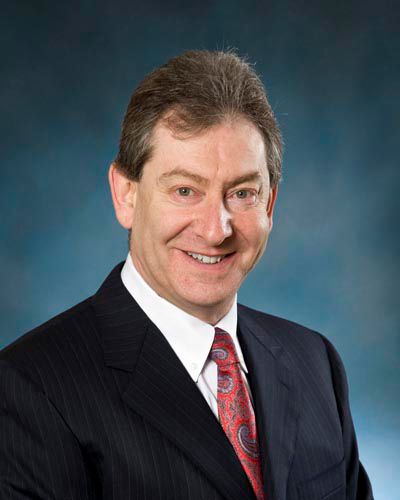 “We are so fortunate to have recruited Dr. Gupta to the UMSOM faculty in 2008, where he has flourished as a clinician, educator, and leader,” said Dr. Davis, who is also the Theodore E. Woodward Professor of Medicine at UMSOM. “He was the perfect candidate to be selected for this position.
“We are so fortunate to have recruited Dr. Gupta to the UMSOM faculty in 2008, where he has flourished as a clinician, educator, and leader,” said Dr. Davis, who is also the Theodore E. Woodward Professor of Medicine at UMSOM. “He was the perfect candidate to be selected for this position.
“I also wish to acknowledge the outstanding service Dr. Timm-Michael Dickfeld has provided as Interim Clinical Co-Director of the Cardiovascular Medicine Division for the past year. Under his guidance, the division has continued its long-standing excellence in quality patient care,” Dr. Davis added.
As an interventional cardiologist, Dr. Gupta primarily performs diagnostic and therapeutic coronary interventional procedures at the University of Maryland Medical Center's cardiac catheterization laboratory and at the Baltimore VA Hospital; however he shares his expertise by also performing and supervising procedures at the University of Maryland Baltimore Washington Medical Center, University of Maryland St. Joseph Medical Center, and Carroll Hospital Center, thereby extending the outstanding reputation of the interventional program regionally. In addition, Dr. Gupta initiated a program in radial artery access for cardiac catheterization, which has become a model for many regional hospitals.
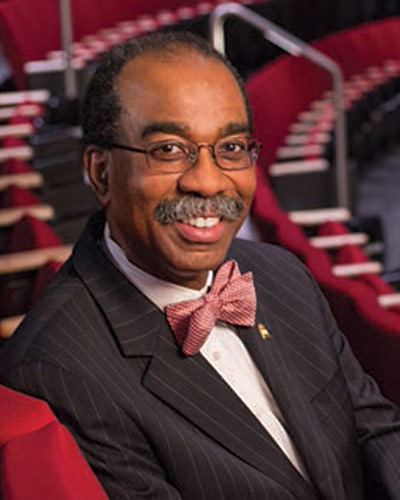
Dr. Gupta is a Fellow of the American College of Cardiology and the Society for Coronary Angiography and Intervention. He received his MD from the University of Maryland School of Medicine, followed by an internal medicine residency at the Montefiore Medical Center. He went on to a research fellowship in Cardiovascular Pathophysiology at the Weill Medical College, followed by a clinical cardiology fellowship at Temple University Hospital, and an interventional cardiology fellowship at New York Presbyterian Hospital.
“Dr. Gupta is an outstanding clinician with a national reputation for his leadership and skills as an interventional cardiologist,” said Dean Reece, who is also Executive Vice President for Medical Affairs, UM Baltimore, and the John Z. and Akiko K. Bowers Distinguished Professor, University of Maryland School of Medicine. “His emphasis on implementing quality care measures and groundbreaking techniques have saved the lives of many patients, not just under his own care but throughout the state of Maryland.”
About the University of Maryland School of Medicine
Now in its third century, the University of Maryland School of Medicine was chartered in 1807 as the first public medical school in the United States. It continues today as one of the fastest growing, top-tier biomedical research enterprises in the world -- with 46 academic departments, centers, institutes, and programs, and a faculty of more than 3,000 physicians, scientists, and allied health professionals, including members of the National Academy of Medicine and the National Academy of Sciences, and a distinguished two-time winner of the Albert E. Lasker Award in Medical Research. With an operating budget of more than $1.2 billion, the School of Medicine works closely in partnership with the University of Maryland Medical Center and Medical System to provide research-intensive, academic and clinically based care for nearly 2 million patients each year. The School of Medicine has nearly $600 million in extramural funding, with most of its academic departments highly ranked among all medical schools in the nation in research funding. As one of the seven professional schools that make up the University of Maryland, Baltimore campus, the School of Medicine has a total population of nearly 9,000 faculty and staff, including 2,500 students, trainees, residents, and fellows. The combined School of Medicine and Medical System (“University of Maryland Medicine”) has an annual budget of over $6 billion and an economic impact of nearly $20 billion on the state and local community. The School of Medicine, which ranks as the 8th highest among public medical schools in research productivity (according to the Association of American Medical Colleges profile) is an innovator in translational medicine, with 606 active patents and 52 start-up companies. In the latest U.S. News & World Report ranking of the Best Medical Schools, published in 2021, the UM School of Medicine is ranked #9 among the 92 public medical schools in the U.S., and in the top 15 percent (#27) of all 192 public and private U.S. medical schools. The School of Medicine works locally, nationally, and globally, with research and treatment facilities in 36 countries around the world. Visit medschool.umaryland.edu
Contact
Office of Public Affairs
655 West Baltimore Street
Bressler Research Building 14-002
Baltimore, Maryland 21201-1559
Contact Media Relations
(410) 706-5260
Related stories
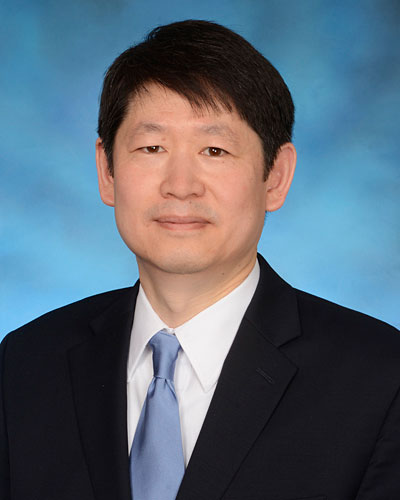
Thursday, September 06, 2018
University of Maryland Cardiomyopathy Program Named National Center of Excellence
The Hypertrophic Cardiomyopathy Program at the University of Maryland Heart & Vascular Center (UMHVC) has been recognized as a Center of Excellence by the Hypertrophic Cardiomyopathy Association (HCMA) – one of about 30 Centers of Excellence nationwide and the only HCMA-recognized center in Maryland. The UMHVC is part of the University of Maryland Medical Center (UMMC) and the University of Maryland School of Medicine (UMSOM).
